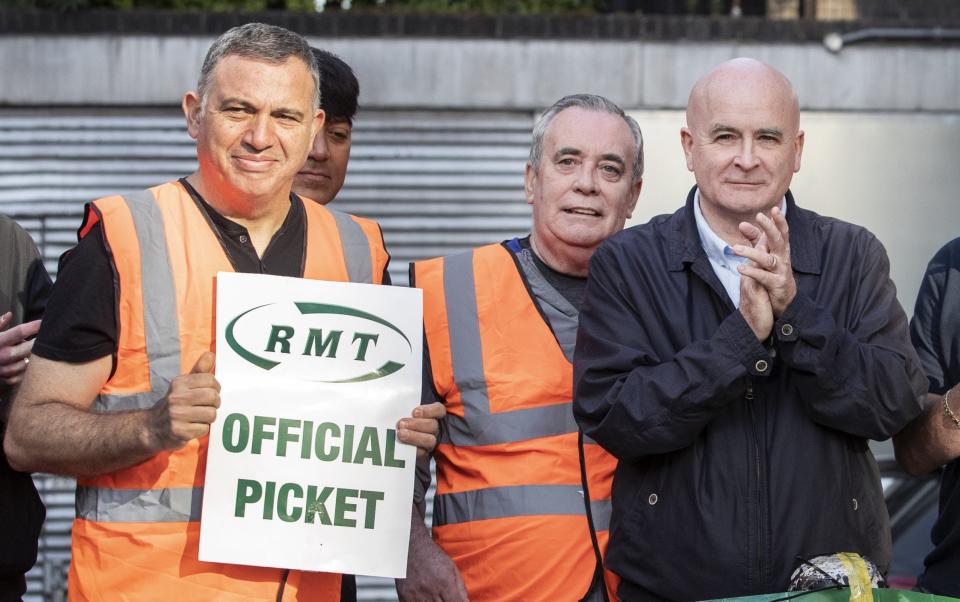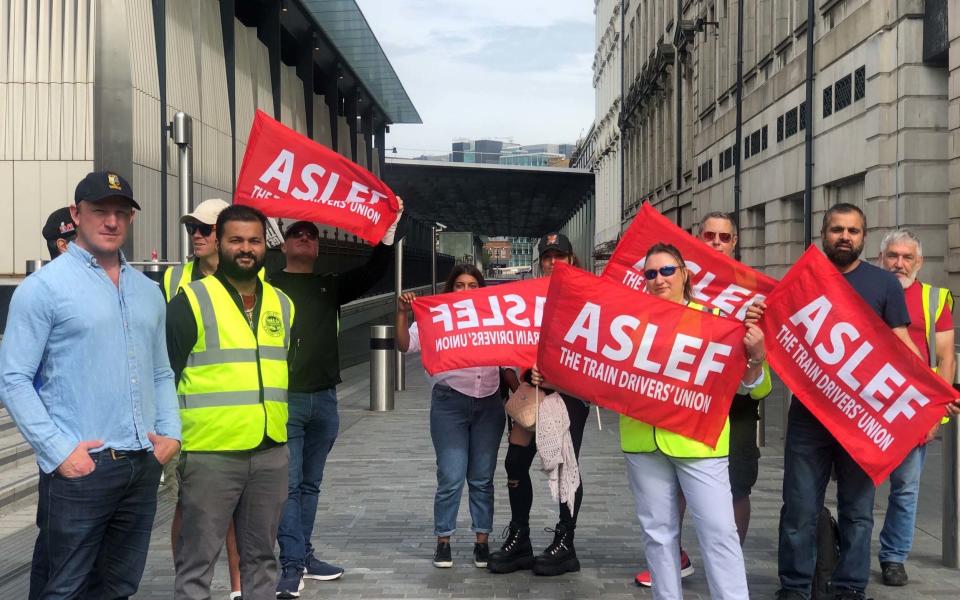British households forced to pay £1,800 each to subsidise railways

Subsidising the railways has cost British households £1,800 each over the past six years, new figures show.
Taxpayers have been forced to inject £50.4bn to prop up the railways since 2016/17 as fare income is not enough to balance the books.
Figures released by regulator the Office of Rail and Road (ORR) on Tuesday showed Government funding was £13.3bn in the year to March 2022, compared with £17.6bn in the previous year.
Both figures were skewed by a jump in state aid to keep train services running during the pandemic, but follow a trend towards greater subsidy being required from taxpayers. The railways have required aid from the Government since privatisation under John Major in the 1990s.
With an estimated 28.1 million households in the UK, according to the Office of National Statistics, the ORR total of £50.4bn during the last six years means propping up the railways has cost each household nearly £1,794 each.
Andy Bagnall, chief executive of Rail Partners, which represents train operators, said the figures “underline the significant financial hole in industry finances, currently being funded by the taxpayer”.
He added: “To reduce the subsidy, and protect services and jobs in the long term, the contractual model must now evolve to better enable operators to attract customers back to the network – in turn, generating up to £1.6bn in extra revenue for the Treasury in the next two years.”
The size of the subsidy, roughly half the size of the expected bill for HS2, came as polling showed striking rail unions are losing support among the public.

The proportion of Britons opposing industrial action by the Rail, Maritime and Transport workers union (RMT) rose from 42pc in October to 47pc, according to a poll by YouGov. Some 41pc supported striking workers and 12pc “don’t know”.
Frustration towards the strikes was more pronounced among older people, with 65pc of those aged more than 65 opposing them. Opposition fell to 32pc among 18-24 year-olds, YouGov said.
The next wave of industrial action was confirmed by union leaders on Tuesday.
Passengers have been told to brace for an “unprecedented period of disruption on railways” over Christmas as union officials snuffed out hopes that strike action could be averted.
Rail chiefs said commuters would suffer “weeks of disruption” after the Rail, Maritime and Transport workers union (RMT) confirmed eight days of strikes as well as a ban on members working overtime between December 18 and January 3.
The strikes will be the most potent in an industrial dispute that has blighted train services for most of 2022. Trains will stop running between 2am on the strike day to 2am the following day, causing disruption across two days.
Rail chiefs said that the strikes would also have a “massive impact on businesses and our economy”.
The rest day working ban means that not only will 40,000 RMT members walk out on December 13, 14, 16 and 17, and January 3, 4, 6 and 7, but the railways will be starved of vital flexibility from staff throughout the festive season.
Jake Kelly, Network Rail's director of operations, said: "The RMT is going to inflict on our country, our passengers and our industry an unprecedented and sustained period of rail disruption across the entire festive period that will have a massive impact on businesses and our economy.
"The rail industry is already well advanced in its planning and will do all it can to run as many services as it can across the Christmas and New Year period. But passengers need to be prepared for weeks of disruption as a result of the RMT's chosen course of action.
"Talks continue today and we hope that we can find a solution that can avoid this unnecessary and harmful action."
The RMT strike confirmation, made in a letter to rail chiefs last night, is a blow to Mark Harper, the Transport Secretary, who said he believes there is still "scope for agreement".
In a letter following their introductory meeting last week, Mr Harper pleaded with Mick Lynch, the general secretary of the RMT, to call off the strike.
He said: “We will soon convene a further meeting to help advance, with the good faith of all parties, settlement discussions and progress in this dispute.
“I want to work with you and employers in good faith to help resolve these long-standing issues, and help the employers and you reach a resolution that is fair to all.
“I would hope this will lead to progress that will allow you to call off industrial action.”

 Yahoo Finance
Yahoo Finance 